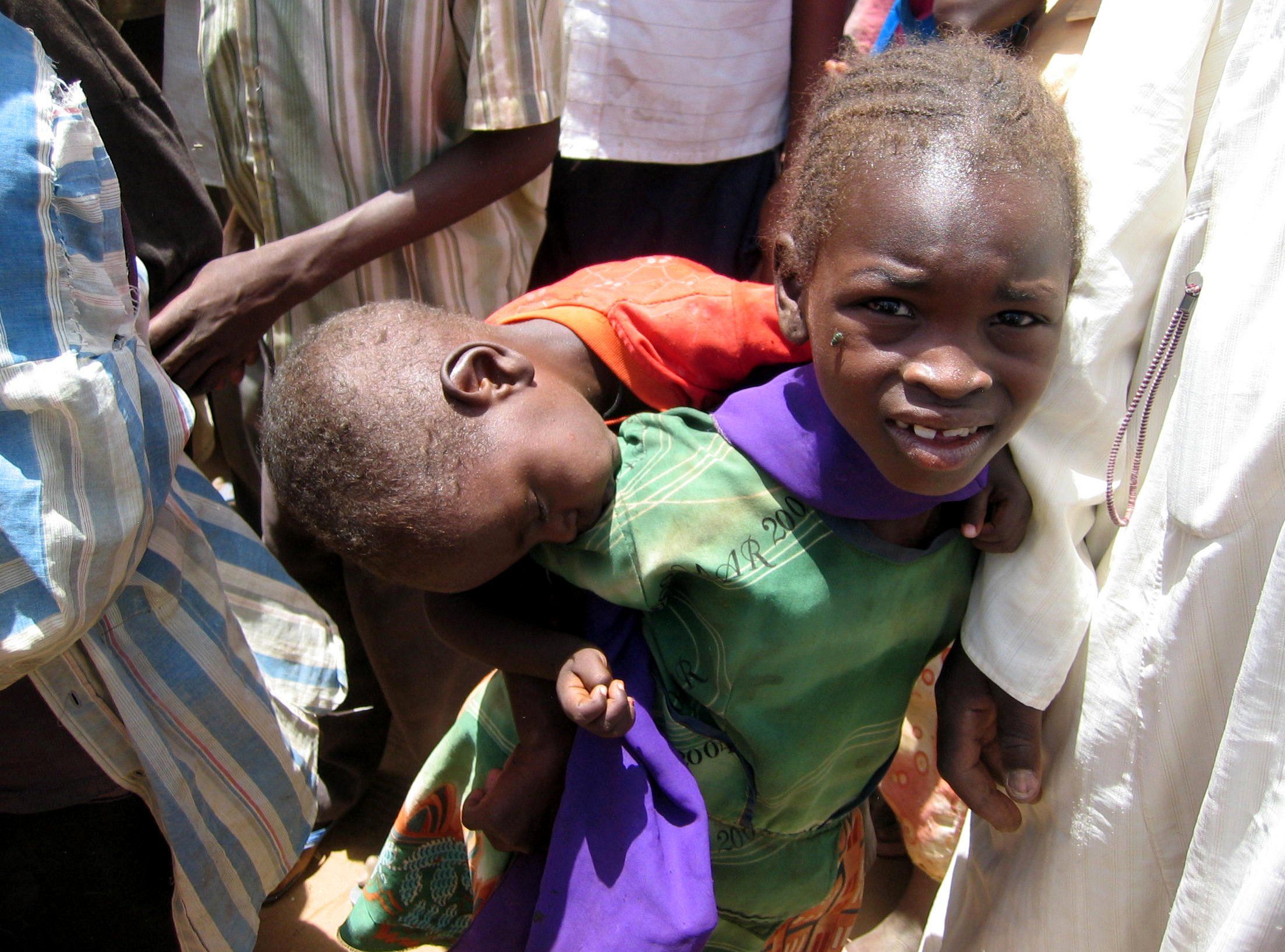This week, Sudan passed the 100-day mark of brutal fighting between its army and the Rapid Support Forces, a powerful paramilitary group. As the fighting rages on, it is becoming clear to the international community that the RSF has returned to the Darfur region to complete the genocide it began 20 years ago against the country's non-Arab population.
The warring factions are led by Sudan’s de facto leader Gen. Abdel Fattah Burhan and his former ally and junta deputy Gen. Mohammed Hamdan Dagalo (aka Hemedti), with Burhan leading the armed forces and Hemedti leading the RSF. Their power struggle has brought the country to the brink of civil war and a potential state collapse.
The two sides came to the negotiating table in Togo this week, a critical step after months of failed peace talks and broken cease-fires. But there is little evidence that these talks will go differently than in the past, especially since major stakeholders, specifically the Arab militias that have joined the RSF in Darfur, have boycotted the meetings.
A civil war would mean more tribal militias being drawn into the conflict, escalating violence and instability. At the beginning of the war, tribal militias denounced the power struggle. But as it progresses, more and more militias are choosing sides. In Darfur, Arab-tribal militias are joining the RSF and are accused of looting as well as raping and killing non-Arab people in the region.
The ethnic violence in Darfur is historically rooted in water disputes between Arab and non-Arab communities. The 2003 civil war became known as the world’s “first climate change war,” spurred by the former president, Omar al-Bashi, who stayed in power by exploiting the tensions over resources to recruit and arm Arab militias. These fighters would become the Janjaweed and eventually the RSF.
While civilians across Sudan are suffering, non-Arab communities in Darfur are at acute risk. Since the conflict broke out in April, more than 10,000 people have been killed in West Darfur. The governor was abducted and killed in June after publicly blaming the RSF for the deaths. Satellite imagery from Yale University’s Conflict Observatory has identified mass graves and entire neighborhoods that have been burned to the ground.
Some 200,000 non-Arab people died in Darfur between 2003 and 2005 in what would later be categorized as genocide. Today, the same population is at risk of mass atrocities at the hands of the RSF.
The historical context in Darfur matters, because it reveals why the situation in Sudan is not an easy one to solve. Since 2003, international intervention in Darfur – and Sudan writ large – has largely been a failure. Revelations of the Darfur genocide led to cries of “never again” and passionate movements to “Save Darfur,” and a brief moment in 2019 when the US‘ hopes of establishing a democracy looked possible. But these efforts, whether peacekeeping, humanitarian, or governmental, have largely failed because of the complexity of Sudan’s political environment.
These historic challenges remain today. International efforts to protect people in Darfur from the RSF must also avoid empowering the Sudanese armed forces, who are committing mass atrocities against civilians as well. Ethnic violence over resources will also be an escalating problem – fighting has already stopped farmers from planting crops, and climate change will only make matters worse in the drought-prone region.
Time is of the essence when it comes to peace talks. No recent conflict in Sudan has ended because of a military triumph. Instead, as the military stalemate wages on, violence and instability will only increase as more militias join the fighting. Civilians are already suffering as humanitarian and food aid is seized by the government’s army, and more than three million people have been displaced.
Critically, Sudan also borders seven other countries, so there is a strong likelihood that civil war could have a domino effect across the already troubled Chad Basin and the Sahel.
Has the world turned its back on Sudan? Ian Bremmer sat down with the US Ambassador to the UN Linda Thomas-Greenfield to find out. Watch to hear what the US intends to do when it takes over as head of the UN’s Security Council in August.
